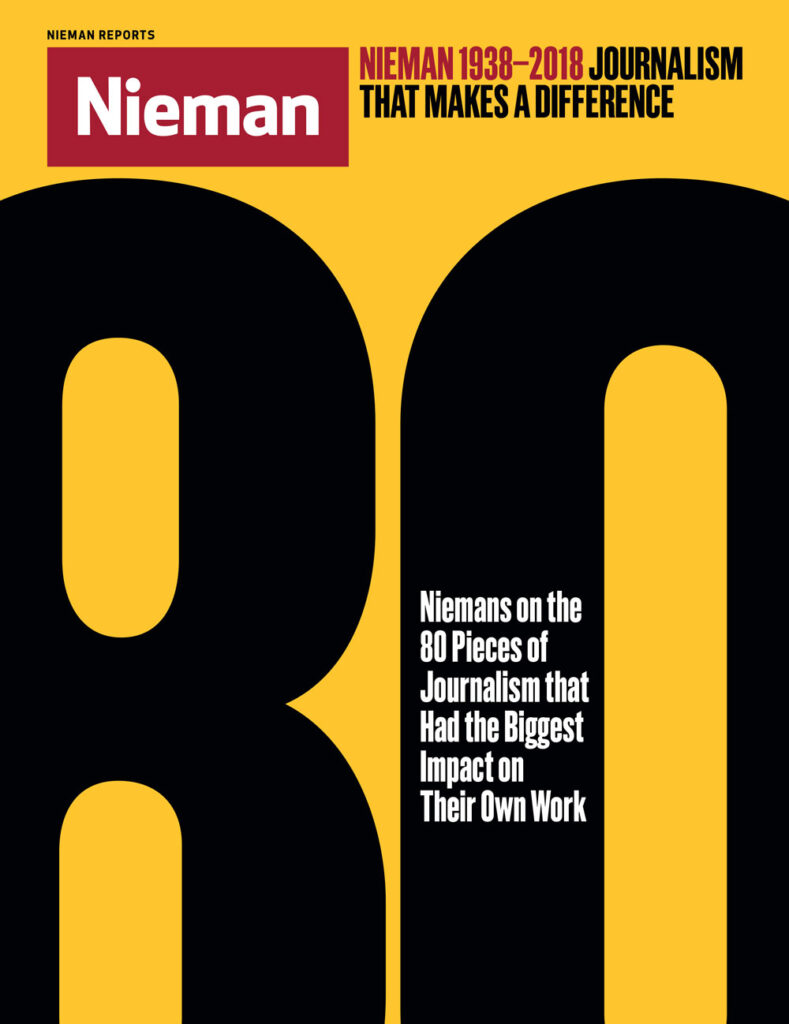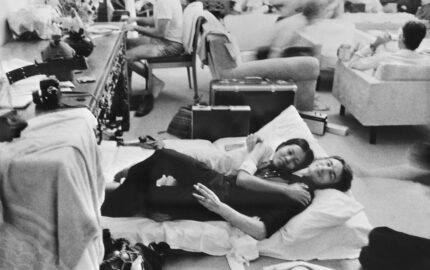It would be no surprise to be told that young Walter Lippmann conquered Harvard, conquered its challenges with his intelligence, ambition and wide-ranging curiosity. That one would expect. But he was also conquered by Harvard, both intellectually and emotionally, in a way that left a deep imprint on his life. Harvard helped form Lippmann’s mind. That, after all, was its self-appointed task. But it also affected his character, and closed some doors even as it opened others.
Walter Lippmann came to Cambridge in the fall of 1906, a few days shy of his seventeenth birthday. Infused with the optimism and idealism of the progressive era, he embraced the utopian tracts of H. G. Wells, the social criticism of Ibsen and Shaw, and the visions of Nietzsche.
Having discovered socialism—not the Marxist variety to be sure, which he with sublime self-assurance at the age of eighteen, declared to be outmoded, but the more genteel and pacific Fabian variety—he began writing political tracts for the college magazines. He excoriated the rich and, to quote from one of his articles for the Harvard Monthly, those fashionable ladies who bought motorcars so that they might “take their teddy bears out for an airing in Newport.” He even, in typical Harvard fashion, attacked his professors—particularly the eminently respectable Barrett Wendell.
Related Reading
“The Present Crisis of Western Democracy is a Crisis of Journalism”
By Eduardo Suárez
“Re-examining Lippmann’s Legacy”
By Michael Petrou
This impertinent assault upon Harvard’s pillar of gentility brought an unexpected visitor to Weld Hall one fall morning. Roused from his bed, the nineteen-year-old author found himself face to face with William James. The sexagenarian philosopher, bored in his retirement and always on the lookout for cheeky iconoclasts, had come to offer his congratulations. Lippmann charmed the philosopher, just as he charmed so many of the influential older men he soon came to meet, and became a regular tea-time visitor at James’ house on Irving Street.
From James, who urged his disciples to give up logic and embrace experience, Lippmann learned the exuberant pragmatism that marked his early books. But James had a rival for Lippmann’s mind, and in the end one whose influence was far more pervasive. Quite casually in his sophomore year, Lippmann signed up for the introductory course in Greek philosophy with George Santayana. Santayana was the opposite of James. With devastating wit and elegant turn of phrase, he demolished the nineteenth century shibboleths of progress and moral uplift that Lippmann had grown up believing. In their place he offered a seductive neo-Platonism based on the striving for beauty and perfection.
Although Lippmann fought Santayana’s snare, in the end he was overwhelmed by the sardonic Spaniard. He signed up for every course Santayana taught, and though he finished his course requirements in three years, stayed on a fourth year to graduate with his class and serve as Santayana’s assistant. Santayana’s impact on Lippmann increased over the years and it dominates his later books. As Lippmann himself once wrote to his friend Bernard Berenson, “I love James more than any great man I ever saw, but increasingly I find Santayana inescapable.”
Harvard left its imprint on Lippmann, more deeply and in different ways than he himself might freely have chosen. It was a training ground for the society he was about to enter, and it prepared him well for the shoals that lay ahead.
Walter Lippmann felt a real loyalty to Harvard … and ultimately left most of his estate to the University.
Without any children of his own, he felt a special attachment to younger journalists, and to the University where he had received his initiation. Few things would have given him greater pleasure than to be associated with Harvard, through this very special refuge [the building that houses the Nieman Foundation]—for special journalists—that bears his name.
Excerpted from Ronald Steel’s remarks at the dedication of the Nieman Foundation’s Walter Lippmann House in 1979. A full transcript of his remarks can be found in the Winter 1979 issue of Nieman Reports.



